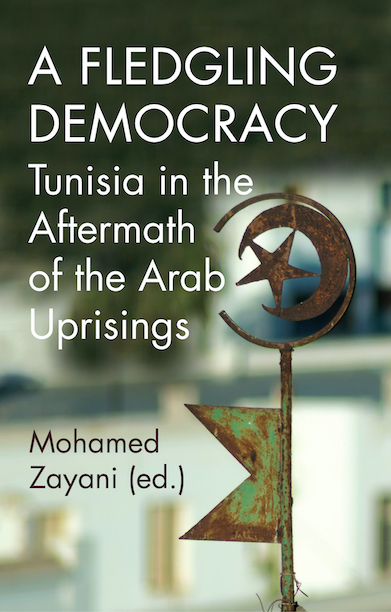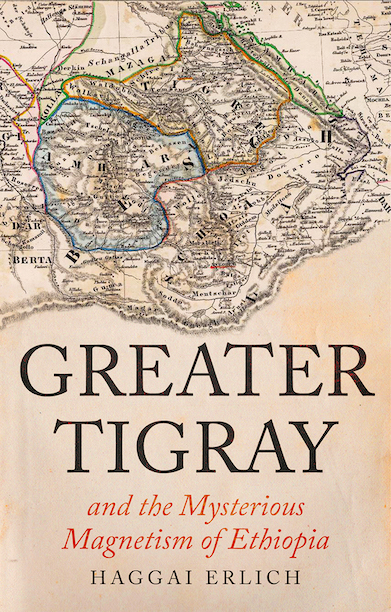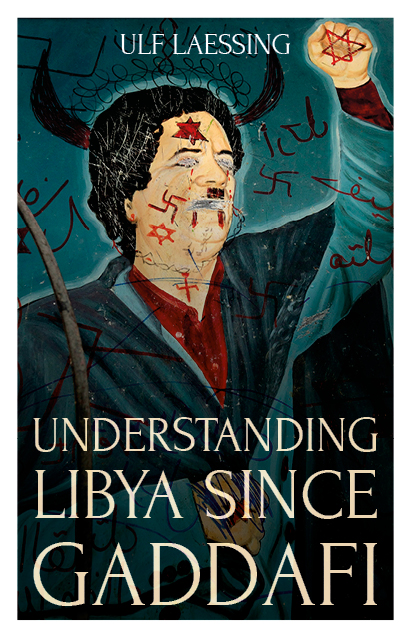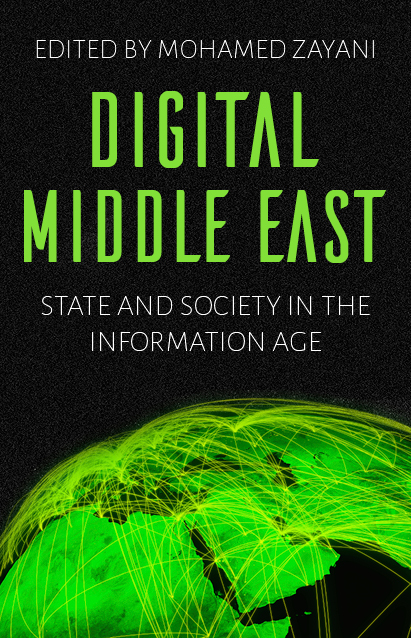A Fledgling Democracy
Tunisia in the Aftermath of the Arab Uprisings
Part of the Georgetown University, Center for International and Regional Studies, School of Foreign Service in Qatar seriesA probing analysis of the challenges still facing the Arab Spring’s ‘success story’, a decade into its transition to democracy.
Description
In the tumultuous aftermath of the Arab uprisings, Tunisia charted a unique path that has earned it praise as ‘a beacon of hope’ in a troubled region. Since the 2011 revolution, it has embraced a new culture of democracy, based on pluralism, civilian rule and the peaceful transfer of power. Equally noteworthy are the country’s burgeoning civil society, its various institutional reforms and its progressive new constitution, which upholds individual freedoms and champions women’s rights.
But in spite of these achievements, daunting challenges remain. Although Tunisia has succeeded in defusing many crises, its transition has been uneasy; its democracy is fragile and its future continues to be uncertain. As the country emerges from decades of authoritarian rule, it faces enormous political, social, economic and security challenges, which are undermining its peaceful evolution. It is this state of fragility that A Fledgling Democracy seeks to capture.
Focusing on the socio-political dynamics that have unfolded in this North African nation since the revolution, the contributors to this volume shed light on how Tunisia has navigated its first decade of democratic transition, and reflect on what the ongoing changes and challenges mean for the country today.
Reviews
‘Understanding Tunisia’s political transformation since 2011 requires comprehensive analysis of the key enablers of and challenges to the country’s democratisation. The international contributions to this volume offer just that, painting a vivid picture of hard and soft politics in Tunisia.’ — Lina Khatib, Director, Middle East and North Africa Programme, Chatham House
‘An informative and critical assessment of the political system in Tunisia between 2011 and 2021.’ — Lectures
‘Coming at the cusp of Tunisia’s latest crisis in democratic transition, this book is an ideal introduction into the complexities of the post–Arab Spring era. It demonstrates to perfection the immense complexities of political change, in terms of domestic choice and of external coercion, even in a country that appeared to have achieved success in both.’ — George Joffé, University of Cambridge
‘In this valuable contribution to the literature, Mohamed Zayani and his contributors incisively identify both the weaknesses of Tunisia’s state institutions and the resilience of its civil society–as well as the many issues of contention between them.’ — Charles Tripp, Professor Emeritus of Politics, SOAS University of London, and author of The Power and the People: Paths of Resistance in the Middle East
‘Published at a juncture point in Tunisia’s history, this valuable volume perfectly captures the socio-political dynamics that kept its democracy unconsolidated, popular aspirations unfulfilled and reforms stalled. A detailed and nuanced account of the state of fragility that shaped Tunisia’s path to democracy and will undoubtedly determine its future.’ — Hamza Meddeb, Non-resident Scholar, Malcolm H. Kerr Carnegie Middle East Center
Editor(s)
Mohamed Zayani is a professor of critical theory at the School of Foreign Service, Georgetown University in Qatar, and author of the award-winning book Networked Publics and Digital Contention: The Politics of Everyday Life in Tunisia.






